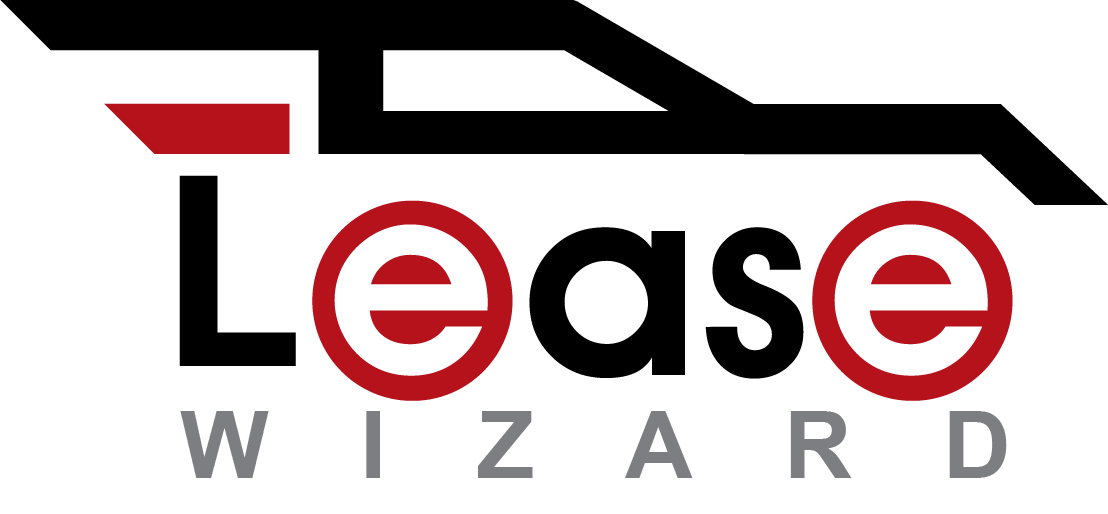**This post contains affiliate links and the publisher may be compensated if you make a purchase after clicking on these links.**
The last few weeks have brought several inquiries about the one-pay lease, so it seemed like something worth addressing further in an article, and as notification that the main page about one-pay (single-pay) leases is being updated slightly as well. In short, while the information provided on how it works, and the related one-pay lease calculator, are correct, it’s become apparent from reader feedback that not all dealers and lessors use the same method to compute the single lease payment due at signing.
Don’t Just Sum Your Monthly Payments
First, and foremost, you may want to reconsider doing a single-pay lease if the dealer/lessor uses a method where they calculate your lease payment the conventional way, and then just multiply by the term to determine the single payment. Simply put, when this happens you are paying interest (rent charge) on your upfront payment, which defeats the purpose of making the payment upfront – the lessor gets your money and is charging you interest on it!
Now, there may be a reason the dealer is doing this when calculating your single lease payment, and if there are certain other items taken into account this can still work out equivalently. But here’s what to watch for and ask about to make sure it comes out equivalently and that you don’t over pay. Here’s the two main reasons the dealer would calculate the lease this way, that have nothing to do with trying to take advantage of the buyer:- The dealer may be calculating the single-pay lease this way (by doing a conventional lease and then multiplying the payment by the term) because that’s the way the lessor wants it done in their program.
- The dealer may be doing the calculations this way because it’s the only way their computer software that does the calculations for them works.
In either case, if the money factor is reset to a low figure that is a fraction of the standard money factor this can work out equivalent to doing the separate calculation we describe in the calculator. In simple terms let’s assume a lease where the residual value is 50% of MSRP (and we’ll assume this to be a hot vehicle selling at MSRP – so that’s the selling price too), and that the MSRP is $30,000 in this case, so that means the residual value is $15,000. Then, let’s say that the lessor has two money factors that you qualify for: 0.00126 if you do a standard lease (this is almost equal to a 3% APR) or 0.00042 if you do a single-pay lease (this is equal to a 1% APR). Since the standard rent charge formula would have you add net cap cost + residual value and multiply by the money factor this would be adding (30,000+15,000) * 0.00042 = (15,000) * 0.00126 = $18.90 per month in rent charge. However, if the dealership is offering a money factor of 0.00105 – representing about a 2.5% APR and a “discount” because of the lower risk of the one-pay lease, your rent charge would be increased to $47.25 per month – or over $1,000 in total additional rent charge if this lease was for 36 months!
As mentioned earlier, in researching the initial page on single-pay leases, as well as some recent reader questions, other websites were used to confirm the information provided. One source is an article at Real Car Tips, and another is CarTelligent. Also a reminder that if you have questions about any of the information provided on Lease Wizard feel free to send an email to info@leasewizard.us or send a message or leave a comment (or review) on our Facebook page.
Next Article: “Looking Ahead to 2018”
Previous Article: ” ‘Tis The Season”

